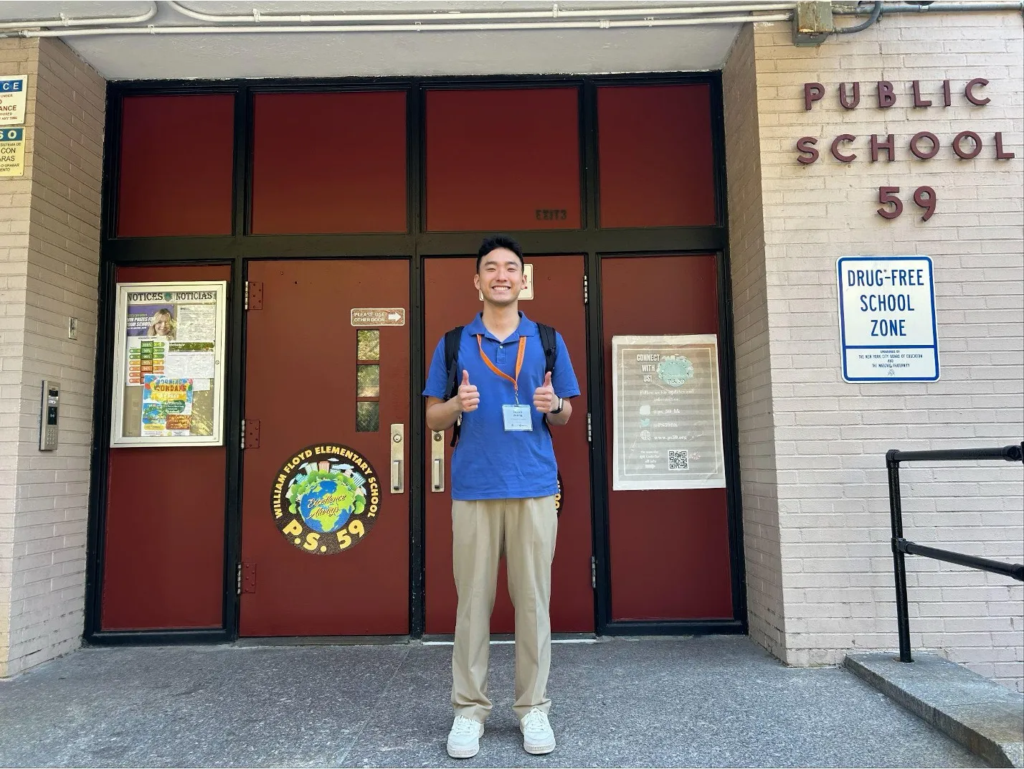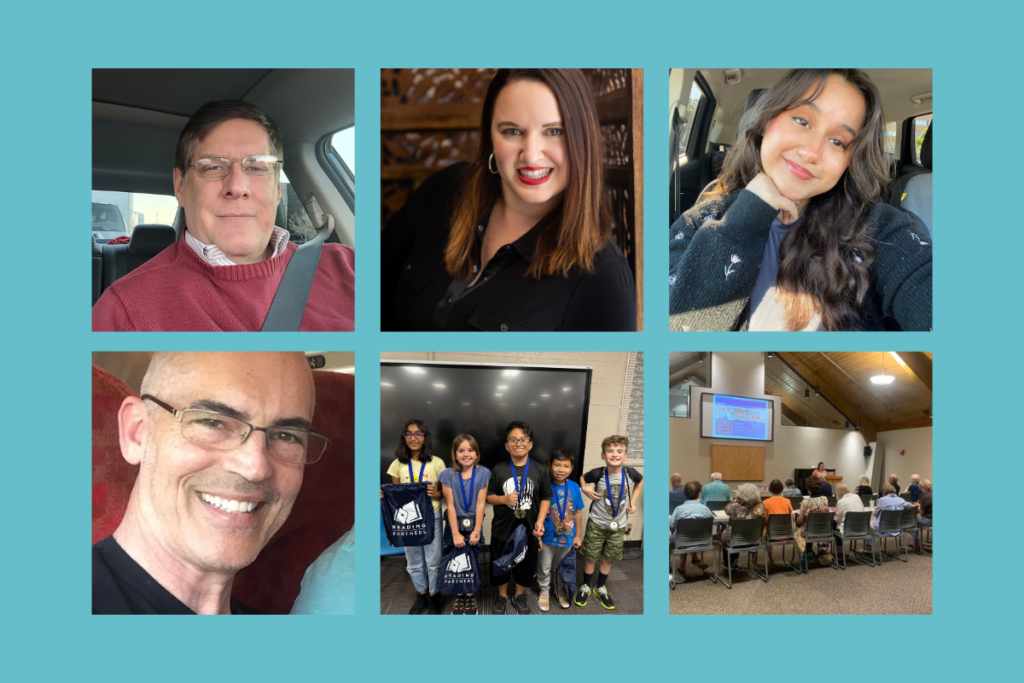
From a volunteer: a local helps youth learn to read
February 9, 2017
Originally published by Life on Capitol Hill and The Washington Park Profile.
By Cindy Rigot
When children hear a story, eyes light up. When children learn to read that story by themselves, lives light up.
I met my son, Kevin, for dinner one evening in September last year. At the time, he was a grad student in the Boettcher Teacher Residency Program. Kevin was immersed in teaching eighth grade social studies at a middle school in Adams County. I was curious about his students, and wondering how his teaching was going.
The first thing he said was, “Mom, some of my eighth graders can’t read—so everything is hard for them.”
I was so sad to hear this, especially since reading has been one of my greatest pleasures for as long as I can remember. I realized that just because reading bedtime stories to my kids when they were little had been a special part of our family’s nightly ritual, but it might be a challenge for many families. Some parents work two jobs and come home exhausted. Some parents are single parents. The challenges take many forms. But, too often, life gets in the way.
The week after Kevin and I met for dinner, I attended our neighborhood community meeting where an AmeriCorps volunteer was talking about Reading Partners and the organization’s need for volunteers. Reading Partners has been part of the Colorado educational landscape since 2012 and serves Denver elementary students in nine Title 1 schools. And it’s working: today, more than 92 percent of K-2 Reading Partners students master the reading skills they need to read at grade level. I called the next morning to volunteer.
During my two years with Reading Partners I have tutored four students and I consider this work to be the most valuable investment I make in my community. My students are always excited to see me and have something interesting to tell me about their week or a book they have read.
Reading Partners embraces a lofty vision: “a future where all children in the US have the reading skills necessary to reach their full potential.” I believe it is worth our time and energy as a community to help students succeed. If all children could master the skill of reading, the impact would be incredible.
One of the many things I love about Reading Partners is that after every one-on-one tutoring session, the student chooses a book to take home and keep. They also complete book reports that focus on different aspects of reading. At the end of the year, after taking home two books a week, they have their own library of books to re-read and share.



